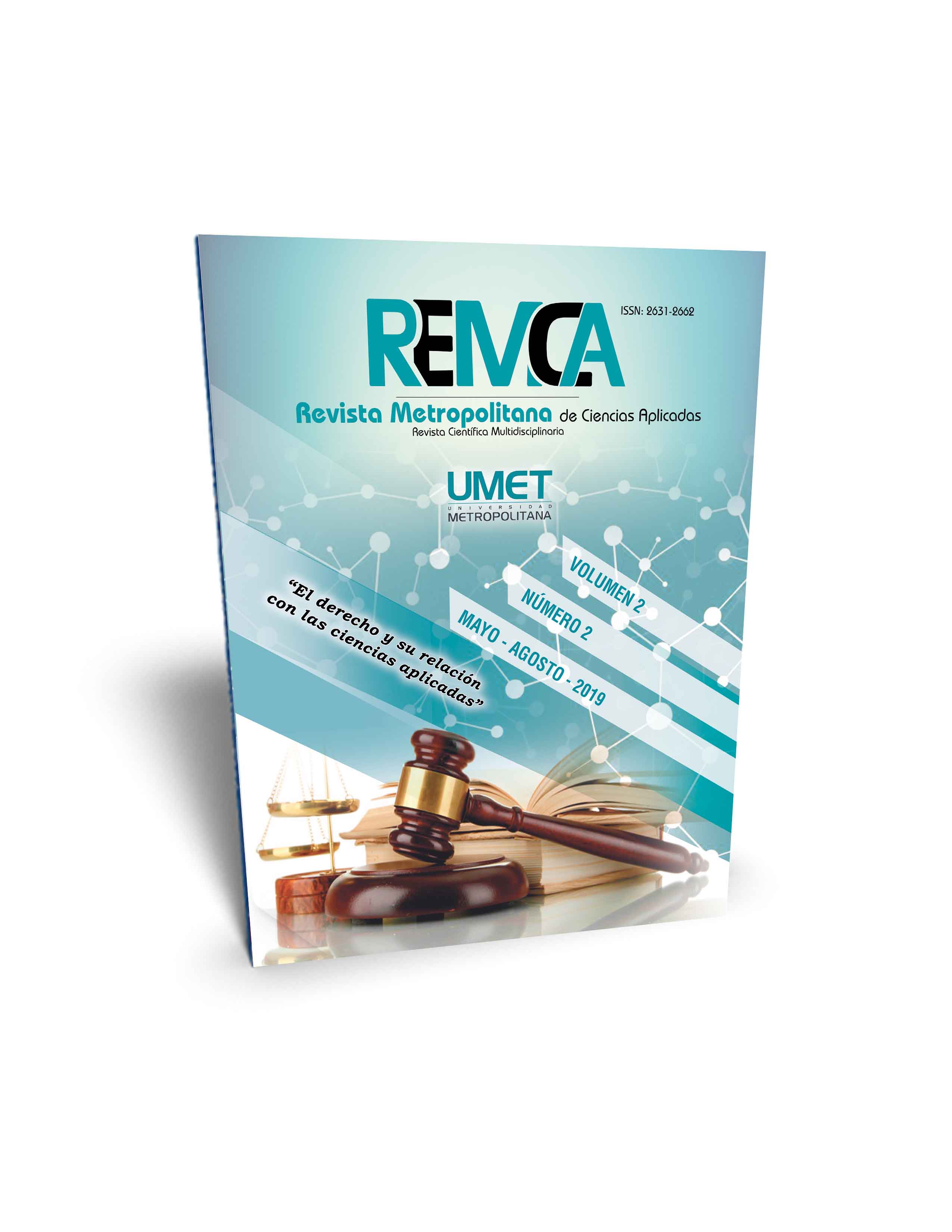After educational intervention, what's next? Meanings for future formators
DOI:
https://doi.org/10.62452/hvf59g63Keywords:
Instructional designs, educational intervention, evaluation of learning, teacher trainingAbstract
This article presents the steps that were taken into account in the elaboration of the instructional design and the meanings that it has in the practices of the students in the Intercultural Preschool Education Degree. The selected subject "Learning Assessment" has great relevance for teachers and students who participate in the educational intervention. It begins with the question: What is the problematic situation around the course "Education of the Learning" is developed that should contribute to the achievement of the competencies of the graduation profile of the indicated degree? It is proposed that the course has as its origin the analysis and reflection of current situations around the evaluation for learning in basic education in Mexico.
Downloads
References
Díaz Barriga, F. (2003). Evaluación auténtica a través de portafolios y rúbrica. México: UNAM.
Gutiérrez Álvarez, E., Lozano Andrade, I., & Rafael Ballesteros, Z. (2019). Las motivaciones y habilidades de los estudiantes normalistas para insertarse en la docencia. Revista Práctica Docente, 1(1), 35-58. Recuperado de http://practicadocenterevistadeinvestigacion.com/ojs/index.php/PD/issue/view/7/00000-08
Gutiérrez, M., & Ball, M., & Márquez, E. (2008). Signo, significado e intersubjetividad: una mirada cultural. Educere, 12 (43), 689-695. Recuperado de http://www.redalyc.org/pdf/356/35614570004.pdf
Horbath, J., & Gracia, M. (2014). La evaluación educativa en México. Revista de Relaciones Internacionales, Estrategia y Seguridad, 9 (1), 59-85. Recuperado de https://www.redalyc.org/pdf/927/92731211003.pdf
Macías, E., Rodríguez-Sánchez, M., Aguilera, J. L (2017). La cuestión universitaria. Adquisición de competencias transversales a través de tutoría en la universidad. Madrid: Universidad Complutense de Madrid.
México. Secretaría de Educación Pública. (2012) Acuerdo 652 (20 agosto de 2012), por el que se establece el Plan de estudios para la formación de maestros de Educación Preescolar Intercultural Bilingüe. Diario Oficial de la Federación. México: SEP.
México. Secretaría de Educación Pública. (2012). Plan de estudios para la formación de maestros de Educación Preescolar Intercultural Bilingüe. México: SEP.
México. Secretaría de Educación Pública. (2018). Acuerdo número 14/07/18 por el que se establecen los planes y programas de estudio de las licenciaturas para la formación de maestros de educación básica que se indican. Diario Oficial de la Federación. México: SEP.
México. Universidad Veracruzana. (2010). Pasos para el diseño de tareas/proyectos de aprendizaje para el desarrollo de competencias y pensamiento complejo. Veracruz: Universidad Veracruzana.
Moreno Olivos, T. (2002). Cultura profesional del docente y evaluación del alumnado. Perfiles Educativos, 24(95), 23–36. Recuperado de http://www.redalyc.org/pdf/132/13209503.pdf
Moreno Olivos, Tiburcio. (2011). La cultura de la evaluación y la mejora de la escuela. Perfiles educativos, 33(131), 116-130. Recuperado de http://www.scielo.org.mx/scielo.php?script=sci_arttext&pid=S0185-26982011000100008&lng=es&tlng=es
Organización para la Cooperación y el Desarrollo Económico. (2014). Reviews of Evaluation and Assessment in Education: Mexico 2012. París: OCDE.
Pineda, I. (2013). Saberes profesionales de la docencia universitaria. En, A. Sánchez y I., Pineda (coords.), Sujetos de la docencia: itinerarios, saberes e identidades. México: UNAM.
Santos Guerra, M. 2003. Dime cómo evalúas y te diré qué tipo de profesional y de persona eres. Revista Enfoques Educacionales, 5(1). Recuperado de: https://enfoqueseducacionales.uchile.cl/index.php/REE/article/view/47513.
Zambrano Martínez, N. R. (2019). Concepción teórica y metodológica para la formación de maestros en la escuela normal. Revista Conrado, 15(68), 154-159. Recuperado de https://conrado.ucf.edu.cu/index.php/conrado/article/download/999/1021/
Downloads
Published
Issue
Section
License
Copyright (c) 2019 Wendy Edith Gómez Márquez, Coralia Juana Pérez Maya, Antonia Olguín Neira, Maritza Librada Cáceres Mesa, Maricela Zúñiga Rodríguez (Autor/a)

This work is licensed under a Creative Commons Attribution-NonCommercial-ShareAlike 4.0 International License.
Authors who publish in Revista Metropolitana de Ciencias Aplicadas (REMCA), agree to the following terms:
1. Copyright
Authors retain unrestricted copyright to their work. Authors grant the journal the right of first publication. To this end, they assign the journal non-exclusive exploitation rights (reproduction, distribution, public communication, and transformation). Authors may enter into additional agreements for the non-exclusive distribution of the version of the work published in the journal, provided that acknowledgment of its initial publication in this journal is given.
© The authors.
2. License
The articles are published in the journal under the Creative Commons Attribution-NonCommercial-ShareAlike 4.0 International License (CC BY-NC-SA 4.0). The terms can be found at: https://creativecommons.org/licenses/by-nc-sa/4.0/deed.en
This license allows:
- Sharing: Copying and redistributing the material in any medium or format.
- Adapting: Remixing, transforming, and building upon the material.
Under the following terms:
- Attribution: You must give appropriate credit, provide a link to the license, and indicate if any changes were made. You may do this in any reasonable manner, but not in any way that suggests the licensor endorses or sponsors your use.
- NonCommercial: You may not use the material for commercial purposes.
- ShareAlike: If you remix, transform, or build upon the material, you must distribute your creation under the same license as the original work.
There are no additional restrictions. You may not apply legal terms or technological measures that legally restrict others from doing anything the license permits.




